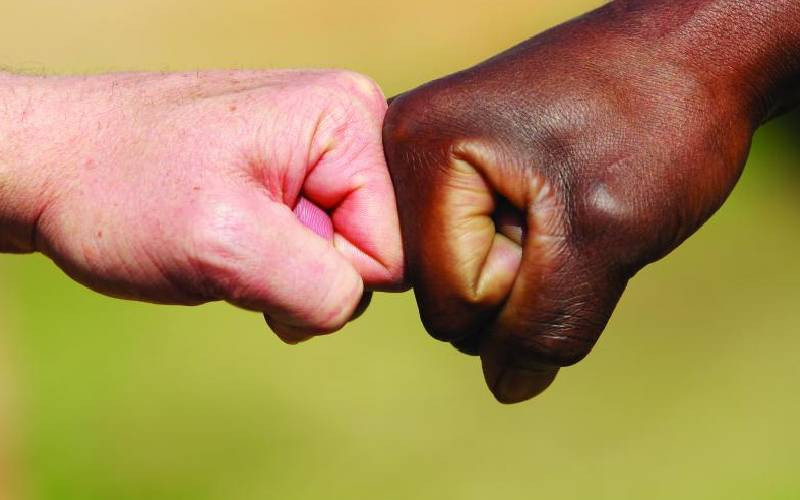×
The Standard e-Paper
Join Thousands Daily

This year's theme for International Day for the Elimination of Racial Discrimination is '60th Anniversary of the International Convention on the Elimination of All Forms Racial of Discrimination'. This day marks the milestones made to eliminate all forms of discrimination against race and the challenges that various races face. Racism refers to unfair treatment of people based on their place of origin and skin colour. This ultimately birthed slavery, ghettoisation and denial of equal rights and opportunities for all.